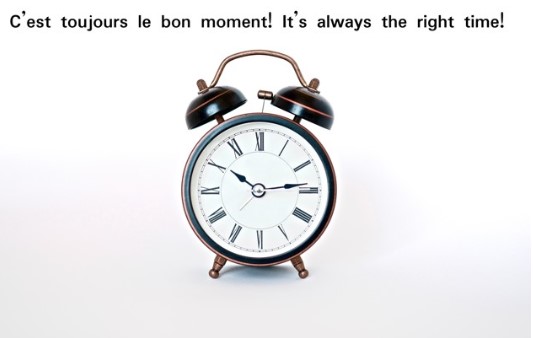Foreign Language: French

Leader: Miss Love
Learning a foreign language can broaden horizons and provide an opening to other cultures. We want to foster children’s curiosity and deepen their understanding of the world. Through language learning, we encourage children to explore and respect different beliefs and cultures and enjoy learning about the world around us.
The national curriculum for languages aims to ensure that by the end of Key Stage 2, all children:
- understand and respond to spoken and written language from a variety of authentic sources
- speak with increasing confidence, fluency and spontaneity, finding ways of communicating what they want to say, including through discussion and asking questions, and continually improving the accuracy of their pronunciation and intonation
- can write at varying length, for different purposes and audiences, using the variety of grammatical structures that they have learnt
- discover and develop an appreciation of a range of writing in the language studied.
Language learning at our school
At Greenfields, French is taught in all year groups from Year 1 to Year 6. Our focus is on practical communication. We follow the North Tyneside scheme of work, which has a balance of spoken and written language, to ensure a progressive and balanced curriculum throughout school. When learning French, we use a range of social skills and participate and cooperate with our peers through speaking, listening, reading and writing.
Each KS2 year group covers two units of work per year following the Language Nut scheme:
Alongside these units we integrate languages into the everyday curriculum, for example:
- Signs around school are written in both English and French, so that children are introduced to new vocabulary which is meaningful
- Classroom commands are often given in French
- Registers are often taken in different languages
- PE warm ups are sometimes given using French vocabulary e.g. repeat/jump
European day of languages
Every year, we celebrate European Day of Languages by having our own ‘European day’.
Each year group looks at the importance of learning a new language and the opportunities it can lead to in the future.
The children learn about a range of things about different countries, such as the country’s main land features, key cities and towns, famous landmarks, food specialties, famous people and key events in the country’s history. The day is always full of research and practical activities like artwork and food tasting – we always thoroughly enjoy it!

